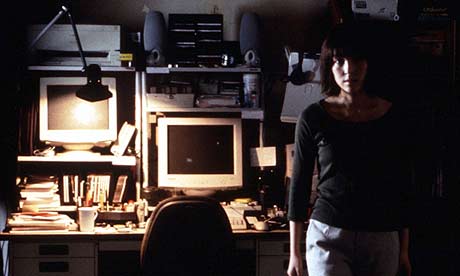As I sit here, my stomach is growling or more precisely gurgling. The GI issue remains. I am drinking ginger tea. It does not taste good, but so far it has proven to settle and sooth my distempered gut. Also I am taking some thing called Jarro-Dophilus designed to help the good bacteria make a come back in the colon. The box says, “Five Billion Organisms Per Capsule.” Frankly, that freaks me out a bit–how small are these organisms that one can get 5 billion of them in a capsule. Are they dead organisms or free-dried? I suppose I could do some research. Instead I just take them. Last week some time I was eating and felt with the tip of my tongue–as one does–out of nowhere a rough patch on one of the teeth in the upper left jaw. I probed a bit further and found–Jesus Christ!–a huge hole in one of the teeth. Whatever had been there–tooth or filling–was gone, and hanging out I assumed somewhere in my troubled gut.
Last week some time I was eating and felt with the tip of my tongue–as one does–out of nowhere a rough patch on one of the teeth in the upper left jaw. I probed a bit further and found–Jesus Christ!–a huge hole in one of the teeth. Whatever had been there–tooth or filling–was gone, and hanging out I assumed somewhere in my troubled gut.
Next day, the dentist said they could only take me in for an exam real late in the day, but then just as I was getting in my car to go to the grocery store, the cell rang and they said, “Hey, come on down.”
So I spend the next three hours in a dentist chair. I had not planned on that, but the dentist really didn’t give me a choice. First he looks in there and says, Jesus Christ! and even as he is speaking he is pumping in pain killer. Something about this dental accident seems to energize him. I was like a dental adventure. Immediately he is diagnosing the situation, and calculating what needs to be done, and how to do it so he can save the tooth by putting a cap on it–and all this while working me in between his other clients. I am also a logistical challenge.
I never did get clear on what happened exactly except that a chunk of tooth fell off, and it did not crack down below the gum line and there was no abscess and thus no need for a root canal.
I guess I was lucky, though the dentist enjoyed himself a lot more than I did.
I hope this tooth incident proves isolated.

 all this is great except I still have a gut problem. I am not made happy by the fact that the more I mention my gut problem–which is not often–the more I realize lots of people have gut problems. One guy, much younger and fitter than I and also much more affluent, when I mentioned my gut problem said he had one so bad for several years that it drove him to contemplate suicide. Now this is a positive and upbeat guy, so it must have been an awful gut problem.
all this is great except I still have a gut problem. I am not made happy by the fact that the more I mention my gut problem–which is not often–the more I realize lots of people have gut problems. One guy, much younger and fitter than I and also much more affluent, when I mentioned my gut problem said he had one so bad for several years that it drove him to contemplate suicide. Now this is a positive and upbeat guy, so it must have been an awful gut problem.

